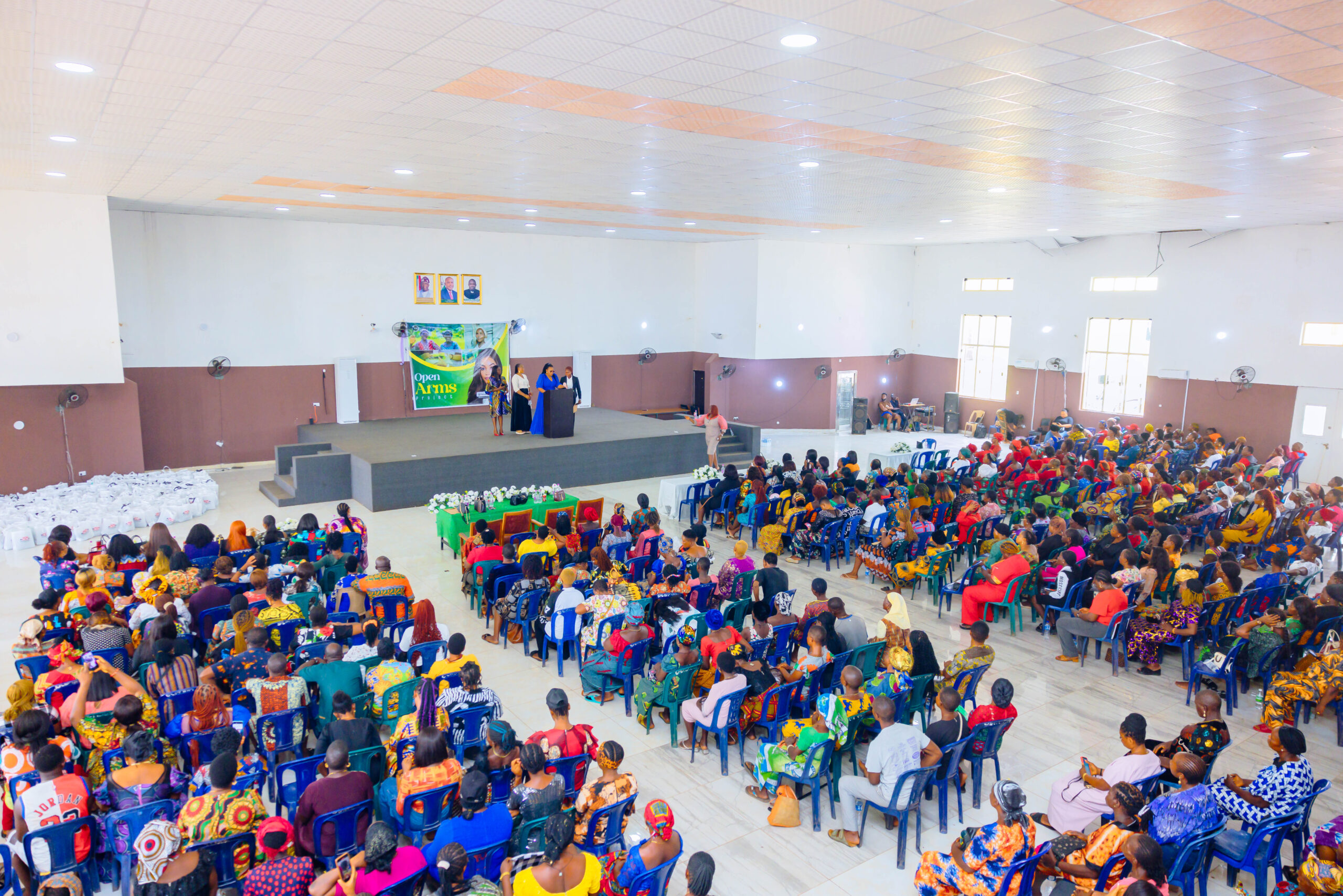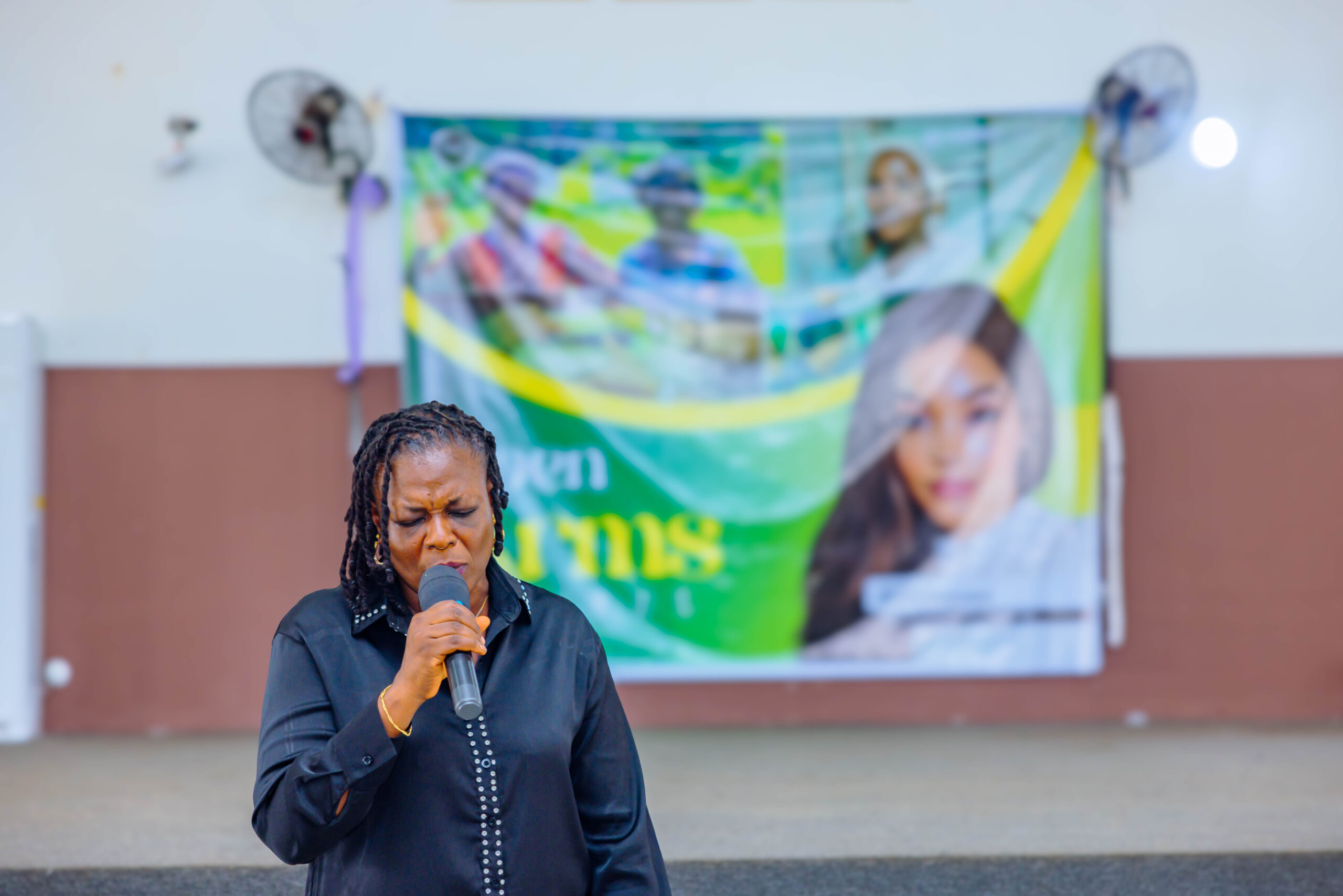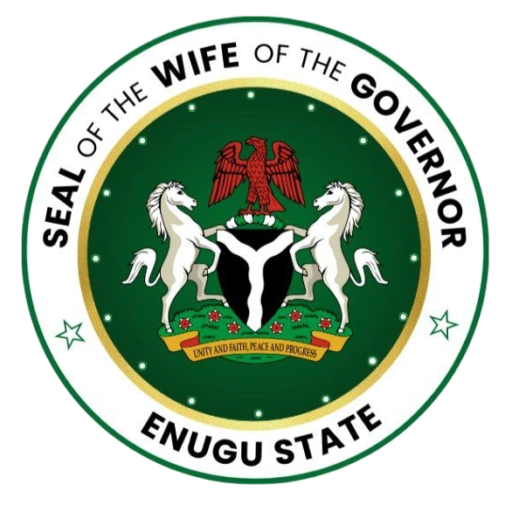Enugu First Lady Mrs Nkechinyere Mbah Reaches 500 Rural Women Through Relief Support Programme Under Open Arms Project






















More than 500 women from rural communities across Enugu State received food assistance, health education, and messages of support on Monday during a relief programme organised by the Office of the First Lady, Mrs. Nkechinyere Mbah.
The event was held under the Open Arms Project, a flagship initiative of the First Lady’s office that delivers compassionate, practical support to vulnerable individuals and families across the state. Focused on welfare, healthcare, and empowerment, the project seeks to restore dignity and strengthen resilience in underserved communities.
Opening the programme, Barrister Chidimma Egeonu, Senior Special Assistant on Special Duties, provided an overview of the day’s activities. She spoke about the importance of home gardening as a sustainable solution to food insecurity and a practical way to enhance household resilience.
Comrade Egodi Igwe, Managing Director of the Custos Care Foundation—a key partner in the initiative—led a session highlighting the foundation’s impact in vulnerable communities. She reaffirmed the foundation’s continued commitment to supporting women and families in need through targeted interventions.
The Government House Medical Team conducted a comprehensive health session, covering key areas such as maternal nutrition, the use of natural, locally available foods, and general wellness. Women were also guided on how to maintain proper posture, practise basic muscle-relief exercises, and adopt essential dental care routines.
Mrs. Rita Edeh, Chairperson of the Association of Local Governments of Nigeria (ALGON), Enugu State chapter, addressed the women with words of appreciation for the initiative, describing it as a timely and meaningful gesture. “Programmes like this go beyond assistance—they affirm our place in the wider conversation of development and wellbeing,” she said.
In Mrs. Nkechinyere Mbah’s message, ably represented by Mrs. Chinyere Ugwu, wife of the Speaker of the Enugu State House of Assembly, she urged the women to remain hopeful and resilient, and connected.
She reaffirmed that the administration recognises their strength and remains committed to supporting them through meaningful empowerment programmes and responsive interventions.
At the close of the programme, each participant received essential food items, including bags of rice, garri, and other household staples—intended not just as relief, but as a reminder that they are seen, valued, and supported.
The Open Arms Project, now a key part of Mrs. Mbah’s social development agenda, continues to serve as a bridge between government presence and community need—quietly but deliberately offering care where it is most often overlooked.
